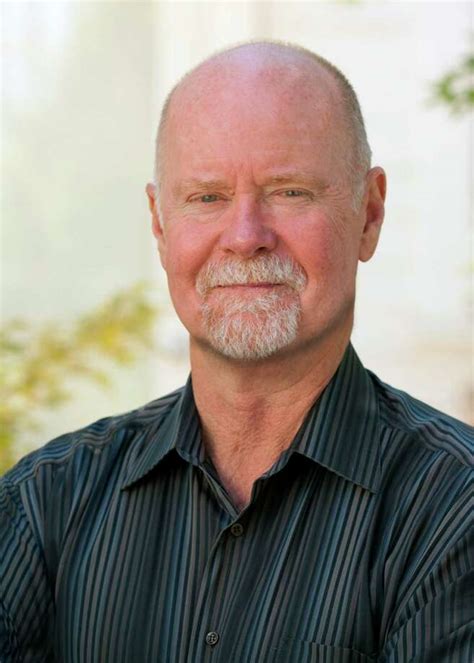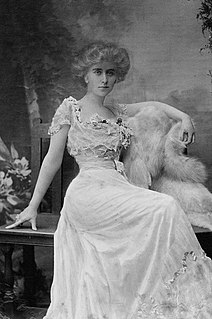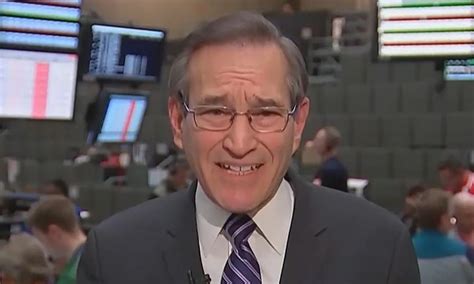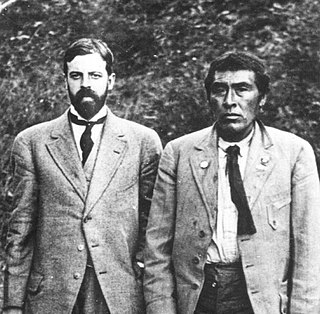A Quote by Malcolm Gladwell
Cultural legacies are powerful forces. They have deep roots and long lives. They persist, generation after generation, virtually intact, even as the economic and social and demographic conditions that spawned them have vanished, and they play such a role in directing attitudes and behavior that we cannot make sense of our world without them.
Related Quotes
In a recent survive of Millennials around the world asking what most defines our identity, the most popular wasn't nationality, ethnicity or religion. It was "citizen of the world." That's a big deal. Every generation expands the circle of people we consider one of us. And in our generation, that now includes the whole world. This is the struggle of our time. The forces of freedom, openness, and global community against the forces of authoritarianism, isolationism, and nationalism - forces for the flow of knowledge, trade, and immigration, against those who would slow them down.
We read novels because we need stories; we crave them; we can’t live without telling them and hearing them. Stories are how we make sense of our lives and of the world. When we’re distressed and go to therapy, our therapist’s job is to help us tell our story. Life doesn’t come with plots; it’s messy and chaotic; life is one damn, inexplicable thing after another. And we can’t have that. We insist on meaning. And so we tell stories so that our lives make sense.
The people who stand before kings may look like they did it all by themselves. But in fact they are invariably the beneficiaries of hidden advantages and extraordinary opportunities and cultural legacies that allow them to learn and work hard and make sense of the world in ways others cannot. It makes a difference where and when we grew up.
I do not think that there is any time in our history when things were perfect. I do not expect such times in the near future either. But I think every generation has to examine what needs to be done, what belongs to its peace and proceed. And so what needs to be done will change with time depending on the conditions, whatever the conditions happen to be. And they will not be the same for generation after generation.
If we hope to stem the mass destruction that inevitably attends our economic system (and to alter the sense of entitlement - the sense of contempt, the hatred - on which it is based), fundamental historical, social, economic, and technological forces need to be pondered, understood, and redirected. Behavior won't change much without a fundamental change in consciousness. The question becomes: How do we change consciousness?
Support your public library! It is a treasure and a legacy that will provide entertainment, information, a sense of community, and real continuity from one generation to the next, and the next after that. So long as we keep reading, and reading to our children, there will be hope for our shared cultural heritage and the future of our world.
Perhaps a reign of powerful women is necessary to make, or unmake when need be, powerful men. Women would not waste so readily and uselessly the lives they had such care and pain in bearing. Why should they submit to the massacre of the innocent, one generation after another ... and allow them to be brought up as live-stock for the inevitable killing?
That was one of the most fundamental and sacred duties good friends and families performed for one another! They tended the flame of memory, so no one’s death meant an immediate vanishment from the world; in some sense the deceased would live on after their passing, at least as long as those who loved them lived. Such memories were an essential weapon against the chaos of life and death, a way to ensure some continuity from generation to generation, an order of endorsement and meaning.
All civilization in a sense exists only in the mind. Gunpowder, textile arts, machinery, laws, telephones are not themselves transmitted from man to man or from generation to generation, at least not permanently. It is the perception, the knowledge and understanding of them, their ideas in the Platonic sense, that are passed along. Everything social can have existence only through mentality.
A religion true to its nature must also be concerned about man's social conditions....A ny religion that professes to be concerned with the souls of men and is not concerned with the slums that damn them, the economic conditions that strangle them, and the social conditions that cripple them is a dry-as-dust religion.


































